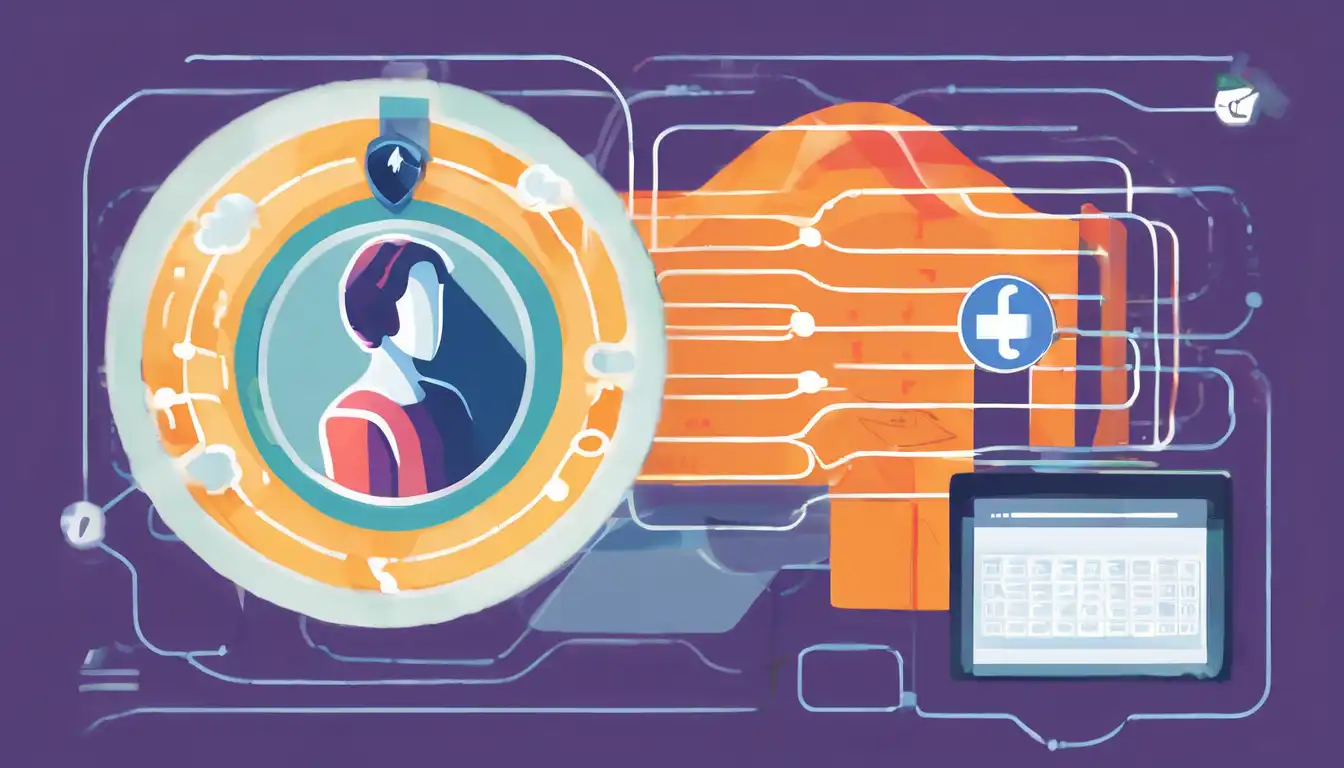What Is a VPN and Why Do You Need One?
In today's digital age, protecting your online privacy has never been more important. A Virtual Private Network (VPN) is a powerful tool that helps safeguard your internet connection by encrypting your data and hiding your IP address. This ensures that your online activities are private and secure from prying eyes.
How Does a VPN Work?
A VPN creates a secure tunnel between your device and the internet. When you connect to a VPN server, your internet traffic is routed through this tunnel, making it difficult for hackers, ISPs, or even governments to track your online activities. This is especially useful when using public Wi-Fi networks, which are often less secure.
The Benefits of Using a VPN
There are numerous advantages to using a VPN, including:
- Enhanced Privacy: By masking your IP address, a VPN ensures that your online actions remain anonymous.
- Improved Security: Encryption protects your data from cybercriminals and other malicious entities.
- Access to Restricted Content: VPNs allow you to bypass geo-restrictions and access content that may be blocked in your region.
- Safe Public Wi-Fi Use: A VPN secures your connection on public networks, reducing the risk of data theft.
Choosing the Right VPN for Your Needs
Not all VPNs are created equal. When selecting a VPN provider, consider factors such as:
- Privacy Policies: Ensure the provider has a strict no-logs policy.
- Server Locations: More server locations mean better access to global content.
- Speed and Performance: A good VPN should offer fast and reliable connections.
- Customer Support: Look for providers with responsive and helpful support teams.
Common Misconceptions About VPNs
Despite their benefits, there are several myths surrounding VPNs. For instance, some believe that VPNs are only for tech-savvy individuals or that they slow down your internet speed significantly. However, modern VPNs are user-friendly and designed to minimize speed loss.
Setting Up a VPN: A Step-by-Step Guide
Getting started with a VPN is easier than you might think. Most providers offer simple setup processes, often involving just a few clicks. Here’s a basic guide:
- Choose a reputable VPN provider.
- Download and install the VPN application on your device.
- Open the app and log in with your credentials.
- Select a server location and connect.
- Enjoy a safer and more private internet experience.
Final Thoughts on VPNs and Online Privacy
In an era where online privacy is constantly under threat, using a VPN is a smart and effective way to protect your personal information. Whether you're browsing at home or on the go, a VPN provides the security and peace of mind you need in the digital world.
For more information on related topics, check out our articles on Internet Security and Data Protection.
